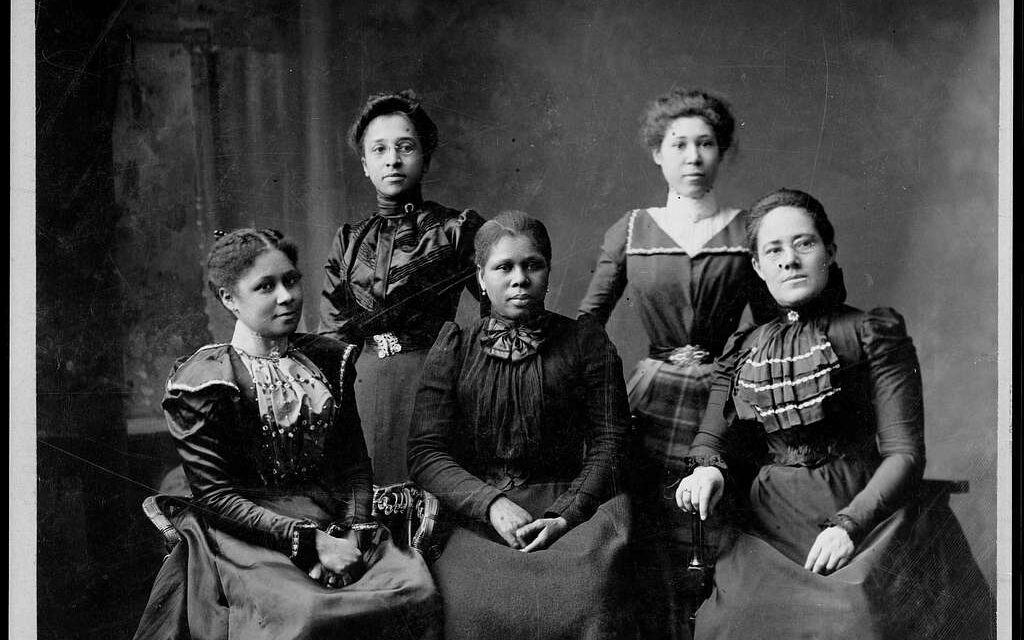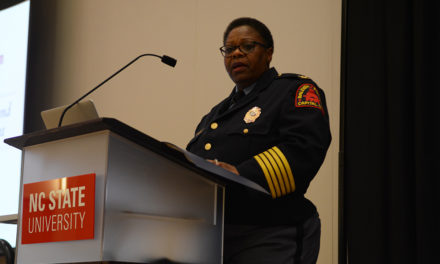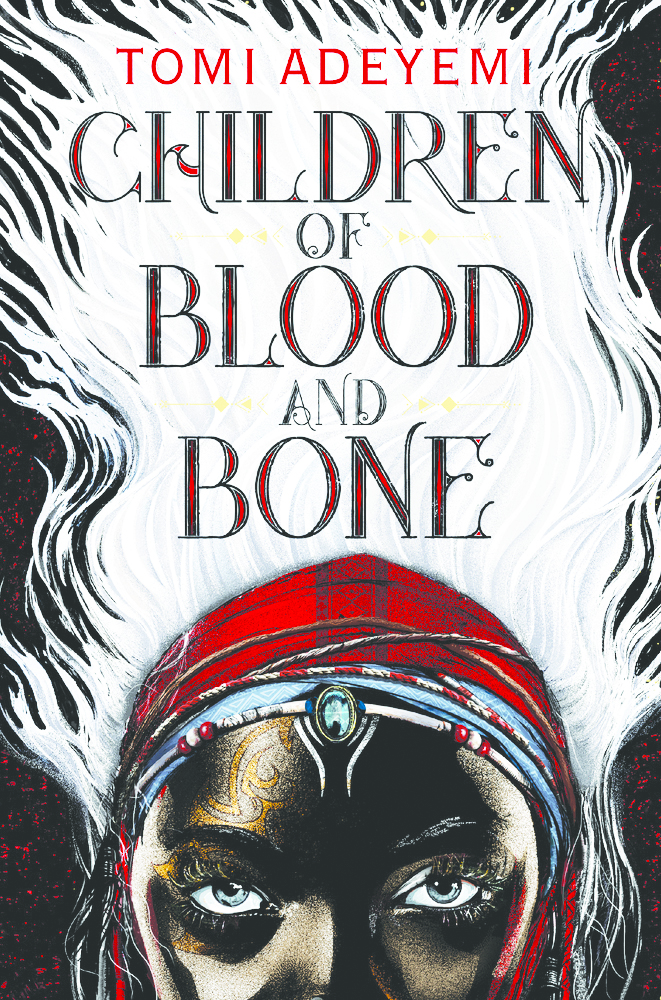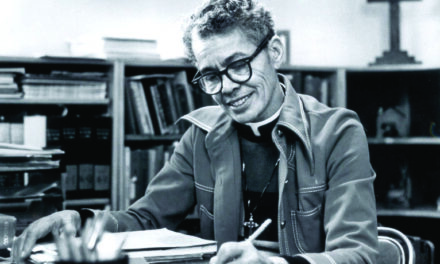Feminism, defined by the International Women’s Development Agency as the “equal rights and opportunities” for all genders, has a dark past that is otherwise sugar coated in our schools. We were taught that feminists, such as Susan B. Anthony and Elizabeth Cady Stanton, wanted equal rights for all men and women.
However, this often only included white men and women. What about Black men and women? According to Ferris State University, Fredrick Douglas worked hand in hand with Stanton. Douglas supported the feminist movement while Stanton supported the abolitionist movement, the movement organized to end the practice of slavery.
Unfortunately, the tables turned when the 15th Amendment passed in Congress on Feb. 26, 1869. The 15th Amendment gave African American males the right to vote. However, white women were not allowed to vote until the passage of the 19th Amendment, almost fifty years later. Women of color gained this right even later.
The passage of the 15th Amendment enraged Stanton. According to Ferris State University, when asked is she were “willing to have the colored man enfranchised before the white woman,” Stanton replied “no; I would not trust him with all my rights; degraded, oppressed himself, he would be more despotic with the governing power than even our Saxon rulers are.”
Stanton was not the only feminist of her time that didn’t want African American men to have the power to vote. According to Time Magazine, Susan B. Anthony opposed the idea of Black men being able to vote before white women and in general. Anthony only supported a “predominantly-white history of voting rights.”
Meanwhile, African American women were completely left out of the picture. According to the American Civil Liberties Union (ACLU) African American women were not invited to the Seneca Falls Convention, the first major convention for women’s rights. In attendance at the Seneca Falls Convention were 200-300 white men and women. Only one African American was invited to the convention and that was Fredrick Douglas.
Stanton was not the only white woman to abuse her position of power. Prominent African American women have been targeted by white women for fighting against the injustices done against Black people. Ida B. Wells and Sojourner Truth were Black critical activists who fought for their right to vote as African American women. Powerful white women tried to silence their voices, according to NPR and the ACLU.
Frances E. Willard, the president of the Women’s Christian Temperance Movement from 1879 to 1898, was one of these women. In her quest for justice for her African American counterparts, Ida B. Wells decided protest and self-defense were the best way to address the matter.
Willard did not approve of Wells’ message and sought to ruin her image. Willard stated that “it is not fair that a plantation Negro who can neither read or write should be entrusted with the ballot.”
This statement caused some U.S. publications, such as the “Memphis Commercial” to slander Wells’ name. The “Commercial” called her a “harlot” and said her statements were “foul
and slanderous.”
Sojourner Truth was also a victim of white female suffragists. In 1851, Truth spoke at a women’s rights convention in Akron, Ohio. As part of her speech, Truth allegedly bore her bosom and asked, “Ain’t I a woman?” However, according to historian Nell Painter, Truth didn’t commit this act. Painter believes this was a story made up by Frances Dana Gage and other white feminists who wanted to control Truth’s voice.
The feminist movement was an amazing time in women’s history, but at the expense of African Americans? This narrative is full of injustice.
Originally Published 3/9/23





